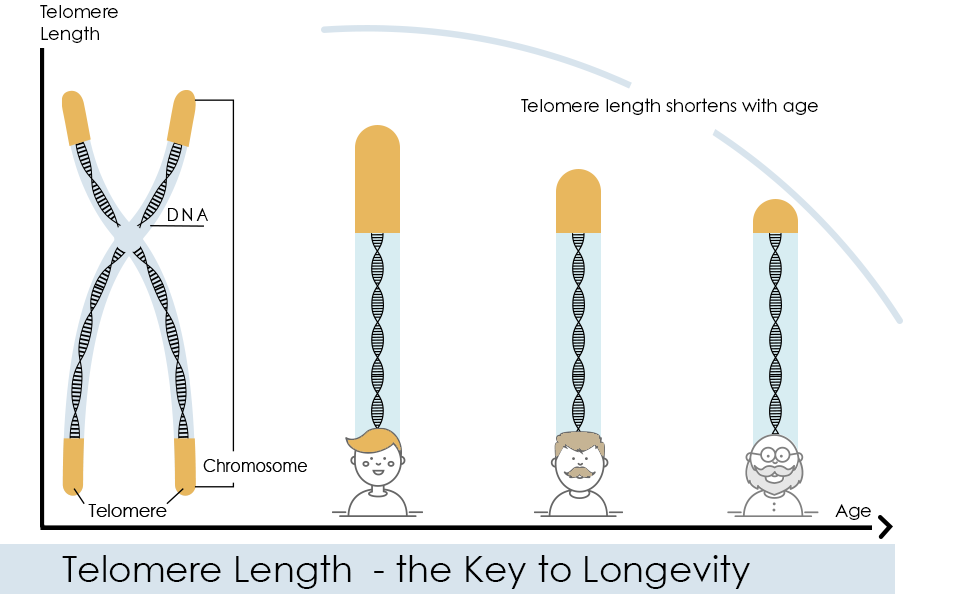The gut-brain axis : Unveiling the Surprising Symphony between Mental Health and Gut Microbiota
- Pallavi Singh
- Aug 26, 2024
- 2 min read
The intricate interplay of the gut with the human brain unveils an unexpected symphony in human health.

Recently, there has been a growing interest of research on the bidirectional communication between central nervous system ( CNS) and gut microbiota, also known as the Gut- Brain Axis. The intricate interplay of the gut with the human brain unveils an unexpected symphony in human health. This captivating relationship between mental well-being and the gut microbiota, a focus of scientific exploration, reveals surprising connections beyond traditional views & unfolding narrative of this symbiotic relationship, highlighting the pivotal role of the gut microbiota in mental health.
The gut microbiota, a vast community of microorganisms residing in the digestive system. Beyond their role in digestion, these microorganisms engage in complex communication with the brain, creating a harmonious interaction that extends beyond physical health into the domain of mental well-being.
Dysbiosis, an imbalance in the gut microbiota crucial for proper function, extends beyond digestion. Research increasingly links this imbalance to mental health issues such as anxiety, depression, and neurodegenerative diseases, revealing an unexpected connection between the gut and the brain.
The gut profoundly influences mental health, especially in anxiety and depression. Modern lifestyles, characterized by stress and dietary choices, may contribute to dysbiosis and gut inflammation. There's a significant impact on neurotransmitter production and signaling, potentially contributing to the development and worsening of mental health disorders.
Probiotics, found in fermented foods and supplements, serve as agents of restoration in the dynamic gut-brain axis. They can restore the imbalanced gut microbiota, reduce inflammation, and affect neurotransmitter level. As our understanding of the gut-brain axis advances, researchers explore probiotics in mental health interventions, including probiotic-rich diets, supplements, and innovative treatments like fecal microbiota transplantation (FMT).
Exploring the unexpected link between mental health and gut microbiota, probiotics emerge as a beacon of hope. This knowledge reshapes our approach to digestive health and opens new avenues for nurturing mental well-being. The gut, once viewed as a humble digestive organ, now stands as a surprising accomplice in the symphony of mental health.





Comments